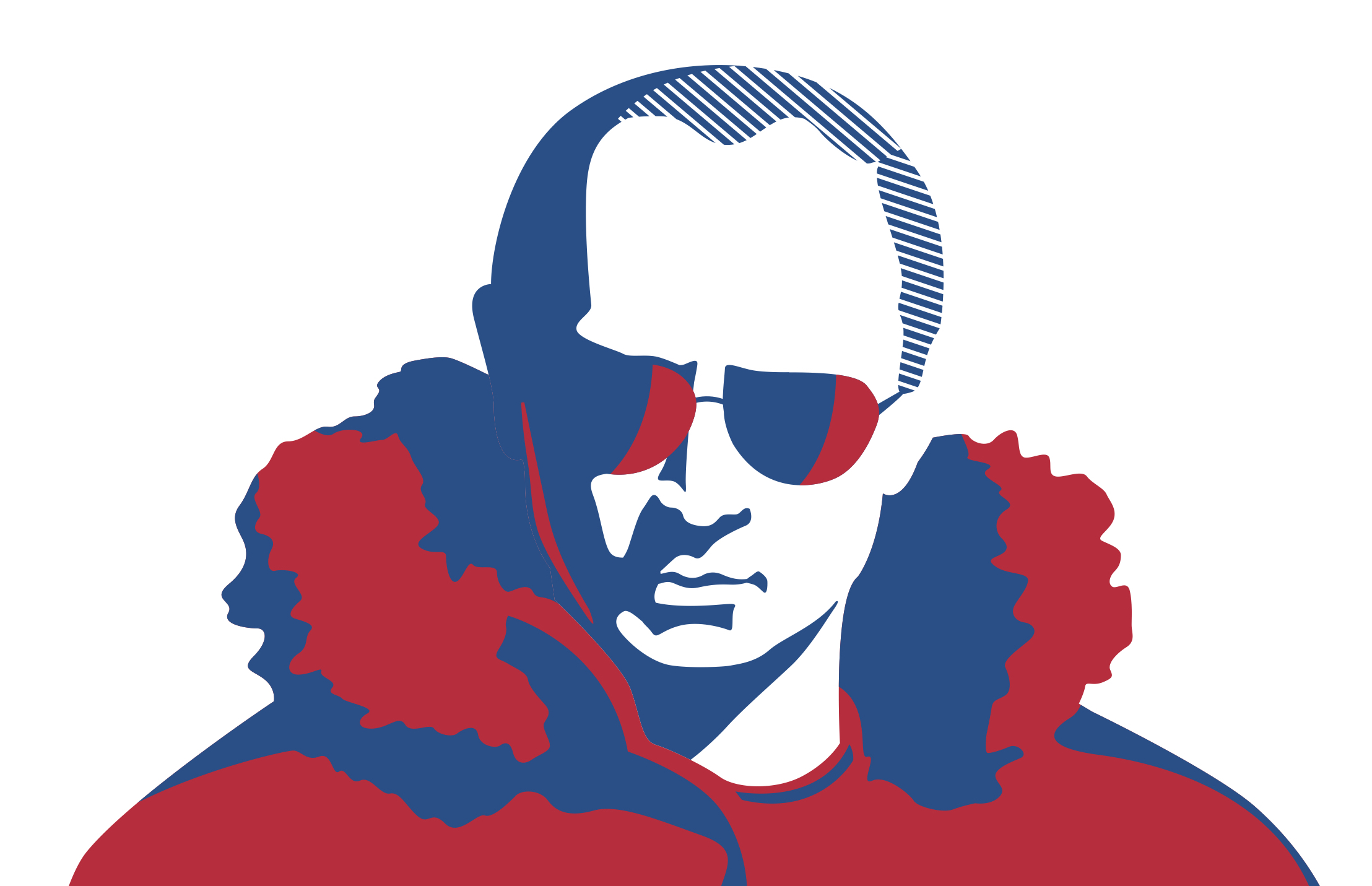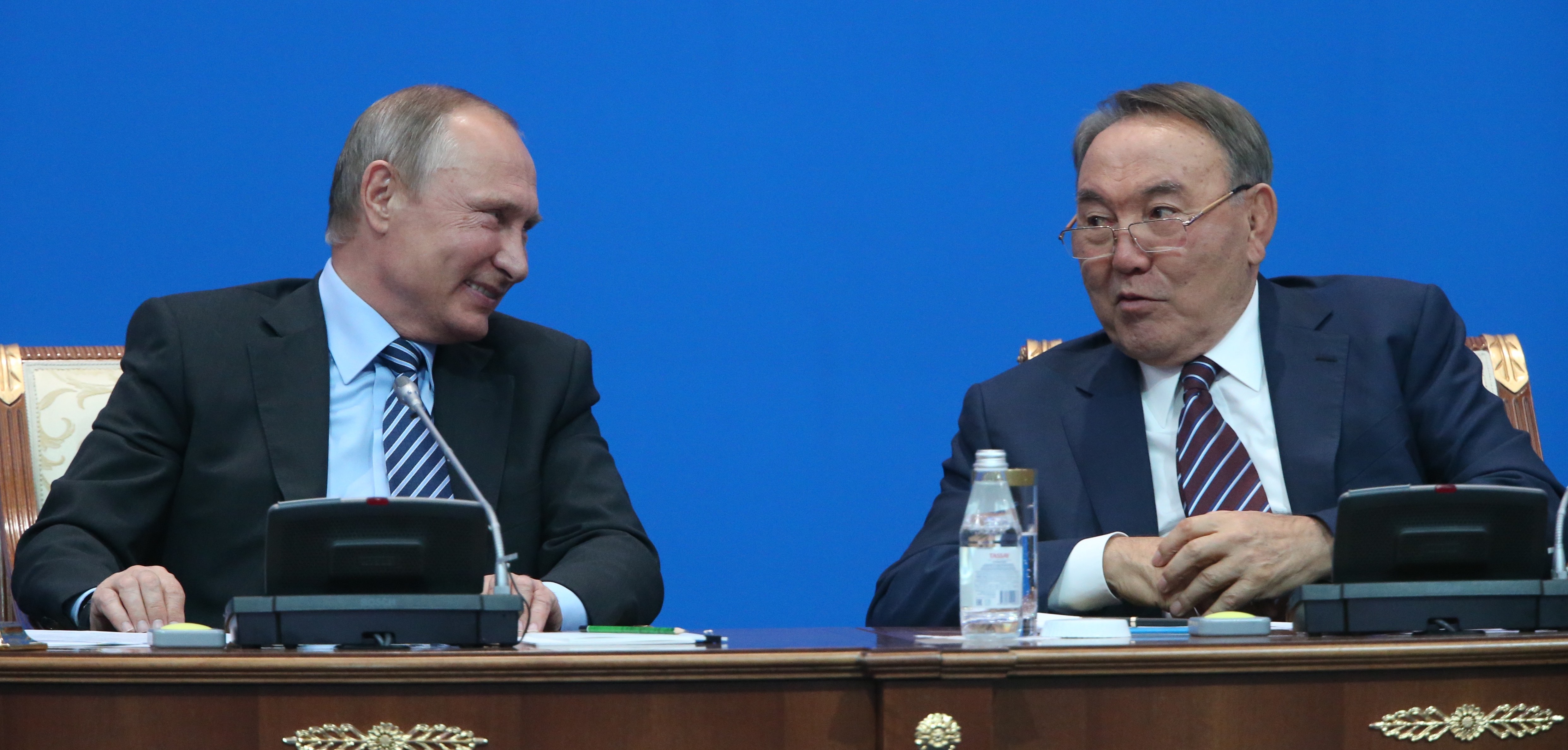
Politics & Society
Russia’s strange yet predictable election

Proposed constitutional reforms significantly weakening the authority of the Russian president suggest Vladimir Putin is considering life as an ex-president - with some caveats
Published 17 January 2020
For much of Russian history, the transfer of power has been difficult. The bloody struggle for power after Stalin’s death is just one example. For many observers, Vladimir Putin’s iron grip over Russian domestic and international politics is as secure as ever.
But Putin’s speech on Wednesday announcing major constitutional changes provides the first serious indication that he will permanently leave the presidency in 2024. Although his proposed constitutional changes will allow him to maintain levers of formal power outside of the presidency, Putin’s position will be weakened. Most importantly, he will have to share power with a newly elected Russian president.

The transfer of power is an incredibly dangerous period in any system of centralised and personalised presidential power. Leaving the presidency threatens both the interests of the outgoing president as well as his network of supporters. Experience shows ex-presidents are always vulnerable to the new president. For instance, in the ex-Soviet republic Kyrgyzstan, the ex-president was forcibly arrested last year and is now facing trial.
In Russia, one of the hottest topics amongst Kremlin insiders over the last couple of years has centred on the “2024 problem” — the constitutional rule barring a president from two terms in a row and requiring Putin to step down in 2024.
Should Putin amend the constitution and stay on in power indefinitely as Xi Jinping did in China? Or should he risk a presidential succession in 2024 by stepping down?

Politics & Society
Russia’s strange yet predictable election
In 2008, Putin faced a similar dilemma and simply took the Prime Minister position before returning to the presidency in 2012. Putin’s speech yesterday, however, suggests that he is now considering a much more drastic change by permanently stepping down from the presidency in 2024.
First, the proposed reforms significantly weakening the authority of the Russian president suggest that Putin is considering life far more seriously as ex-president and wants a weaker president who will have fewer powers to harm him or his supporters.
Second, Putin’s suggestions about increasing the power of two key institutions could allow him to wield power as ex-president. One set of constitutional reforms will increase the power of the lower house of the Russian Parliament, allowing it the ability to appoint the prime minister and government. The Russian Parliament is currently dominated by Putin’s United Russia party. Thus, Putin could use his authority over this party to shape policy as ex-president.

Another set of constitutional reforms centres around “strengthening the status and role of the State Council”. Until now, the State Council has been a tool for the President to oversee the development of governmental institutions, economic and social reforms and other objects affecting the public as a whole. With an enhanced role in the reformed Russian constitutional system, it is possible this institution could offer a powerful role for Putin as ex-president.

Politics & Society
Is the Russian Revolution over yet?
A final reason why these proposed changes suggest Putin is strongly considering giving up the presidency is that it follows a similar exit path used recently by another post-Soviet country. After more than 20 years as President, Kazakhstan’s President Nazarbaev pushed through constitutional reforms weakening the power of the presidency and creating a newly strengthened Security Council before stepping down from the presidency. He then pushed a hand-picked successor into power and assumed leadership of this newly strengthened Security Council while also renaming the capital city after himself.
Russia appears to be implementing a similar plan. The next steps will require Putin to look for a successor to take his place as president. Speculation will run rampant and the struggle will resemble Churchill’s quip likening Russian politics to “watching dogs fighting under the carpet”.
Already commentators are dismissing the chances of the newly appointed Russian prime minister, Mikahil Mishustin, to be Putin’s successor. Whoever it is, though, it will likely be someone who Putin and his team will hope to be able to control.

But even after pushing a hand-picked successor into the presidency, the Kazakh experience provides another intriguing lesson for Russia. Despite the controlled nature of the transition, political power in Kazakhstan is no longer dominated by the president. Instead, it is now characterised by two competing policymaking institutions: one in the office of the new president and the other in the ex-president’s office at the Security Council.
Thus, if Putin does follow through on a similar exit plan, post-2024 Russia is likely to look different than it does now. Most importantly, although Putin will still call some of the shots, his power will be weakened.
Perhaps most intriguingly for western leaders dealing with Russia, this new post-2024 configuration of power offers a new start for foreign policy. Putin has made it clear that Russia will remain a presidential republic even if he leaves; foreign policy will continue to be run out of the presidency. A new president holds the possibility of a new direction for Russia. What the direction of that relationship will look like is far too early to tell.
This article has been co-published with the Herald Sun.
Banner image: Olga Zelenkova/Shutterstock.com